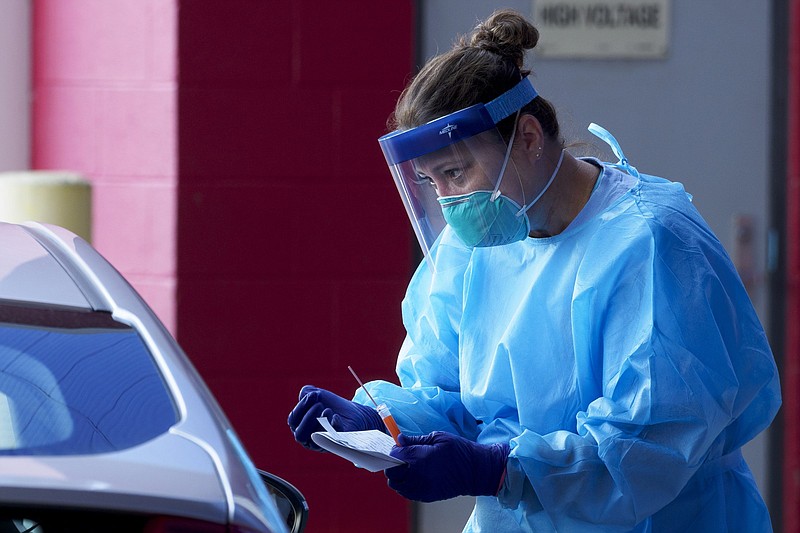Q: If I find out I've been exposed to someone with COVID-19, should I get tested? If so, when?
A: Those are two good questions. The first one is easy: yes! The second one is harder to answer.
To elaborate on the first question, people are put into quarantine after exposure because of their risk of contracting and then spreading the virus themselves. It can take as long as 14 days for the virus to become detectable, so that explains the length of the standard quarantine period. According to the U.S. Centers for Disease Control and Prevention, the people who should get tested are:
* People who have symptoms of COVID-19.
* People who have had close contact with someone with confirmed COVID-19.
* People who have been asked or referred to get testing by their health-care provider, local or state health department (usually due to being in a public place where someone who was infected was known to be present).
The importance of getting tested if you have been exposed is to find out if you have already become infected with the virus. In that case, it will become necessary to contact any additional people who have been exposed to you in order to stop the spread of the virus. However, the fact that it can take up to 14 days for the virus to be detectable is why the second question is difficult.
It is important to get tested early if you are infected so that others can be informed. However, we know that, even if you test negative early on, you could still test positive later. This is why a negative test does not end your quarantine period. If you test negative today, you could test positive tomorrow, all the way up to 14 days, after which your chance of testing positive becomes nearly zero.
So now when should you have that test done? Well, clearly if you become symptomatic, you should be tested right away. However, there is no definitive or official recommendation for when asymptomatic people should be tested. It is not known exactly how soon after exposure you might become contagious, but studies show that half of those who are going to turn positive will do so within four to five days, and over 97% will do so within 11 1/2 days. So if you remain asymptomatic, it would appear reasonable to wait five days after being exposed before getting tested. A discussion with your private physician or practitioner is always appropriate since ultimately it is based on your own judgment and situation.
- Paul M. Hendricks, M.D.; Hamilton County Health Department; member, Chattanooga-Hamilton County Medical Society
